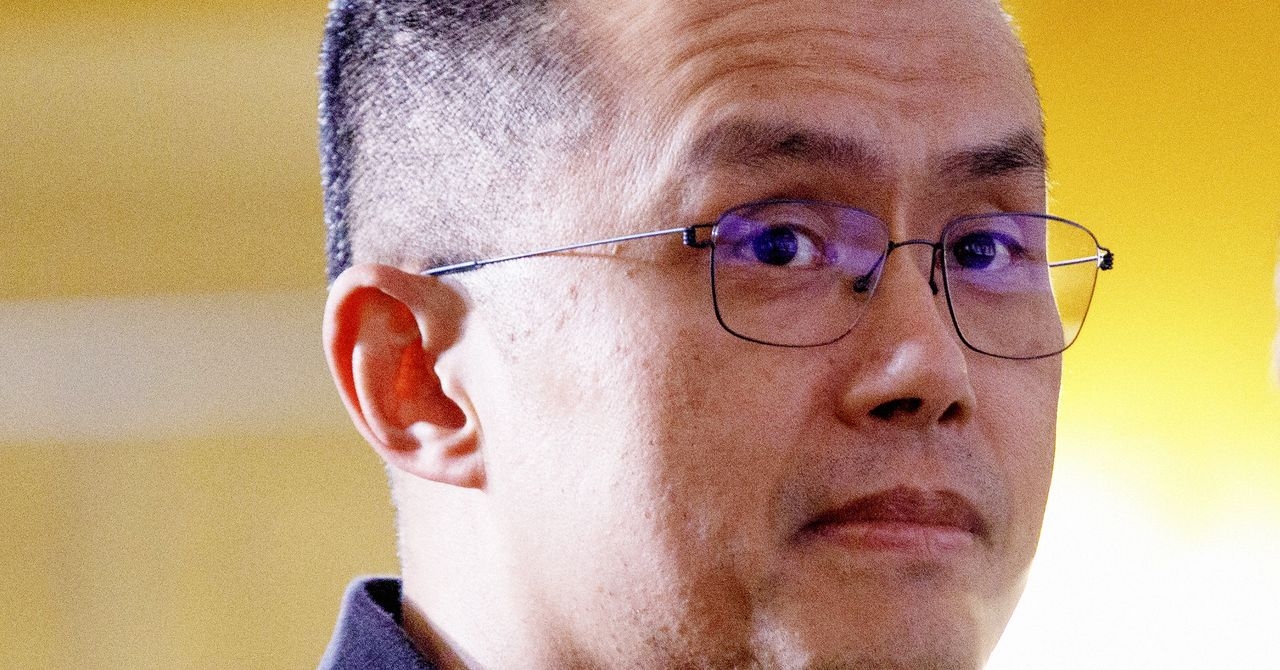The medical self-government opposes the abolition of internships: the concept is only about saving money

- Medical university rectors are proposing to eliminate mandatory postgraduate internships for doctors. The Ministry of Health is considering this idea.
- "A sixth, practical year of studies cannot replace it. As a local government, we are against such a solution," declares Damian Patecki.
- The NIL expert points out that some of the classes held during studies in the form of simulations may leave much to be desired
- - Universities open expensive simulation centers, and then they lack the funds to make them work properly - he says.
Medical university rectors have resumed talks with the Ministry of Health about eliminating mandatory postgraduate internships for doctors. They argue that the concerns expressed several years ago by the professional body are no longer relevant.
Prof. Wojciech Załuska, chairman of the Conference of Rectors of Academic Medical Universities (KRAUM) and rector of the Medical University of Lublin, explained a few days ago in an interview with Rynek Zdrowia that medical education today is much more practical, and universities are prepared to fully and responsibly confirm the readiness of graduates to work with patients.
- The internship program replicates the learning outcomes achieved in the sixth year of studies, during which students complete a full cycle of clinical rotations and are prepared to practice their profession independently - he said.
Damian Patecki, chairman of the Medical Education Committee of the Supreme Medical Chamber, has a different opinion on this subject.
"As a local government, we oppose this solution because during an internship, doctors have the opportunity to experience which specialization they prefer, which they may or may not be suited for. A sixth, practical year of university studies cannot replace this. This is also because some classes are conducted in the form of simulations, which can leave much to be desired," he emphasizes.
"Dentists report that the quality of the manikins in the centers varies. Once they wear out, there's no money for new ones. Universities open expensive simulation centers, but then lack the resources to keep them running properly. Secondly, some departments have several hundred medical students, and it's very difficult to provide practical training under such conditions," he adds.
"Personally, I believe that practical training is never enough, and it is in the public interest for doctors to have the opportunity to hone their skills in the hospital, at the patient's bedside. An internship is a good tool for this. Doctors work under greater supervision, in a safe atmosphere. It is irrational to deprive doctors and patients of this opportunity," the NIL expert believes.
"An old, bad song that you come back to every few years"He also points out that the idea of abolishing the internship requirement has been considered several times over the past decade or so. "It's like an old, bad song that gets replayed every few years," he says.
In Patecki's opinion, it is primarily about saving effort and money in the health ministry's budget.
"The return to the idea is a consequence of the fact that many medical faculties have opened, and it's physically difficult to organize postgraduate training for tens of thousands of doctors. Secondly, the ministry simply doesn't want to waste money on internships," comments the chairman of the education committee.
The OZZL Residents' Agreement also opposes the closure. It points out, among other things, that the opening of new medical programs at universities has reduced access to teaching staff. "In such a situation, shortening training by a year will further reduce the level of knowledge of young doctors, especially practical knowledge," the residents fear.
According to the rectors of medical universities, verification of practical skills after the abolition of the internship will be ensured by the objective OSCE (Objective Structured Clinical Examination) and learning in medical simulation centers, which guarantee uniform and safe clinical training.
They believe that the elimination of the internship should take place in parallel with the full implementation of the new clinical training program and the OSCE examination at all universities.
The first cohort to be no longer covered would be graduates who started their studies in the 2024/2025 academic year, according to the new standards of the Ministry of Education and Science.
Copyrighted material - reprint rules are specified in the regulations .
rynekzdrowia













